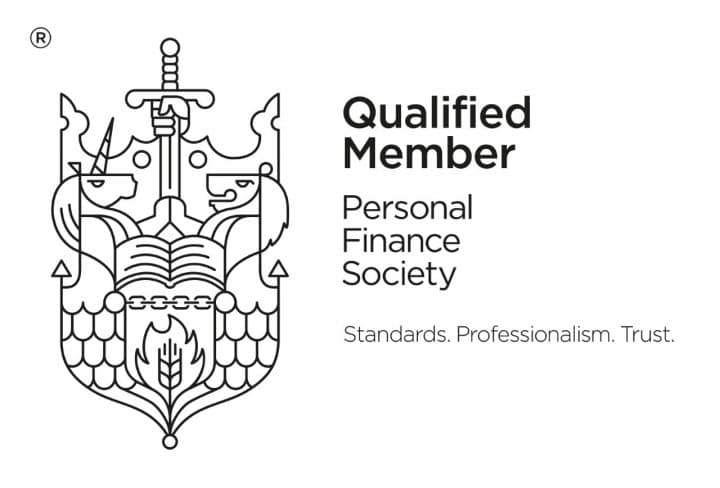Choosing the right financial adviser can be an overwhelming task, especially with the wide variety of professionals available. This blog post aims to simplify this process by providing you with essential tips and guidelines on how to choose a financial adviser that is well-suited to your needs.
1. Understanding Different Types of Financial Advisers
There are various types of financial advisers, each specializing in different aspects of financial advice. Understanding these differences is key in determining which type of adviser will best cater to your needs.
-
Independent Financial Advisers (IFAs): IFAs can provide unbiased advice on a wide range of financial products and services. They are not tied down to any specific company or product, allowing them to give you the most comprehensive advice possible.
-
Restricted Advisers: These professionals offer advice on a limited range of financial products and services, usually representing a single company or specific group of companies. Although their expertise may be narrower than IFAs, they could still be beneficial if you require specialized knowledge about specific products or providers.
2. Check Their Qualifications and Experience
Financial advisers need proper qualifications and experience to offer sound, professional advice. Look for certified or chartered financial planners who have obtained qualifications such as the Diploma in Financial Planning, Advanced Diploma in Financial Planning, or other relevant certificates.
Additionally, ask about their practical experience in handling situations similar to yours—this will help ensure they have adequate knowledge and skills needed for your specific situation.
3. Evaluate Their Services and Areas of Expertise
Ensure that the adviser offers services tailored to your unique financial needs and goals. Some advisers specialize in areas such as investment advice, retirement planning, tax planning, or estate planning. Identify which areas you require assistance with and look for an adviser whose expertise aligns with those needs.
4. Examine Their Regulatory Status
A trustworthy financial adviser must be regulated by the Financial Conduct Authority (FCA). This ensures that they follow strict regulatory guidelines and adhere to professional standards concerning their conduct and advice. Check with the FCA to verify if the adviser or firm is authorized and regulated.
5. Evaluate Their Fee Structure
Financial advisers can charge fees in different ways, such as hourly rates, fixed fees, or percentages of your investments. Ensure that you fully understand how much their advice will cost before committing to their services. Be wary of advisers who are vague about fee structures or hesitant to discuss costs upfront.
6. Look for Recommendations and Reviews
One way to find a good financial adviser is through personal recommendations from friends, family members, or colleagues who have had positive experiences with advisers in the past. Additionally, search for online reviews on websites like Unbiased.co.uk or VouchedFor.co.uk which compile ratings and feedback on various financial advisers.
7. Schedule an Initial Consultation
Once you have narrowed down your options, schedule an initial consultation with each potential adviser. This meeting allows you to get a sense of their communication style, personality, approach to financial planning, and whether they are genuinely interested in helping you achieve your goals.
During this consultation:
- Ask about their qualifications and experience.
- Discuss your financial situation openly.
- Inquire about their approach to handling clients with similar needs.
- Ask if they offer independent or restricted advice.
- Clarify their fee structure.
Take notes during these meetings so that you can make informed comparisons between advisers later on.
8. Ensure Open Communication Lines
After choosing an adviser, establish open communication lines for ongoing support and guidance throughout your relationship. A good financial adviser should provide regular updates regarding your finances and be available for questions or concerns when needed.
9. Monitoring Performance and Evaluating Your Relationship
Regularly assess the effectiveness of your financial adviser and the advice they give. If you feel that their recommendations are not yielding the desired results, or if your relationship starts to deteriorate, consider re-evaluating your choice and exploring other options.
10. Know Your Rights in Case of Disputes
If you believe that your adviser has provided incorrect or misleading advice, first attempt to resolve the issue by discussing it with them directly. If unresolved, consider filing a complaint with the Financial Ombudsman Service (FOS). The FOS is an independent body responsible for resolving disputes between consumers and financial services providers.
In conclusion, choosing a financial adviser requires careful consideration of various factors such as qualifications, experience, areas of expertise, fee structures, and regulatory status. By following these guidelines, you can make an informed decision and find the right financial adviser to help you achieve your financial goals.






